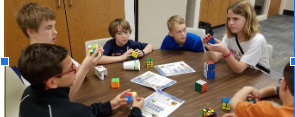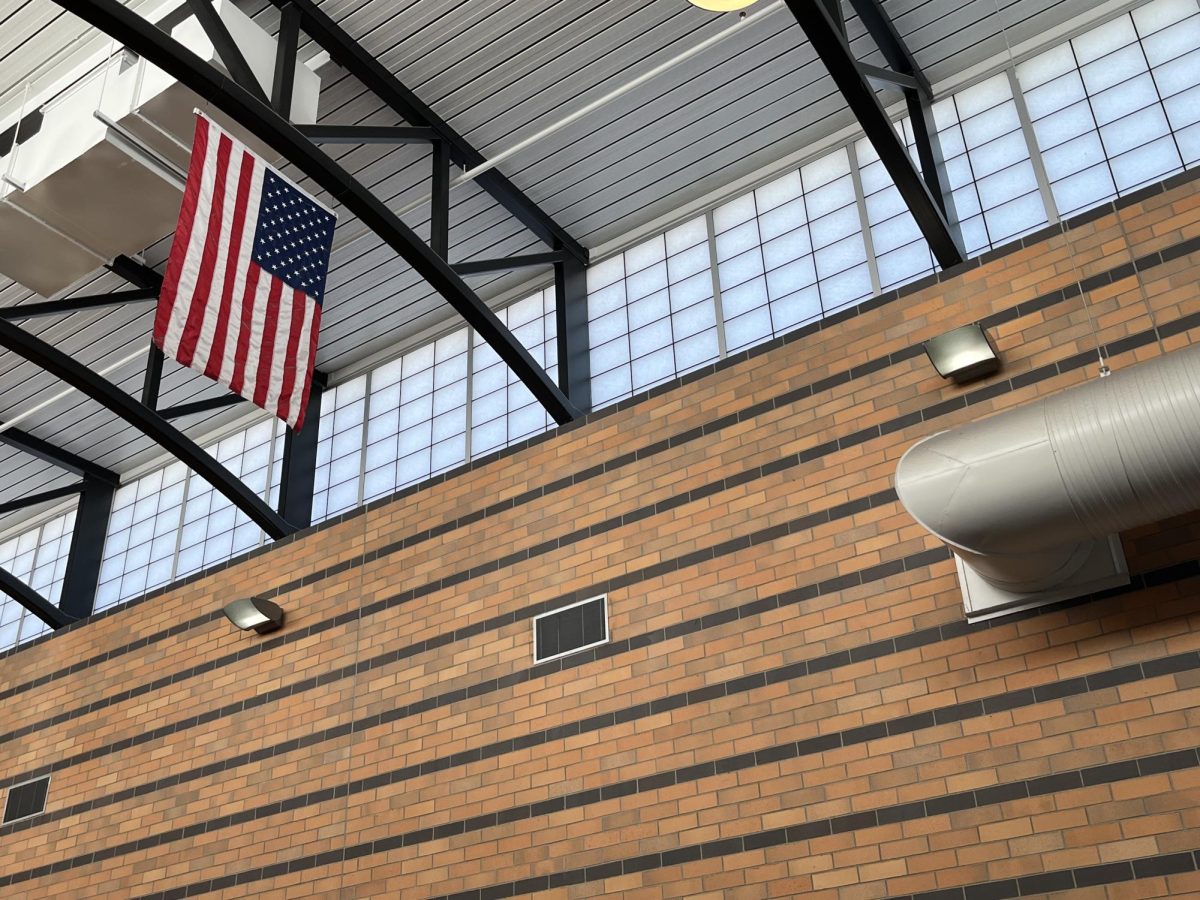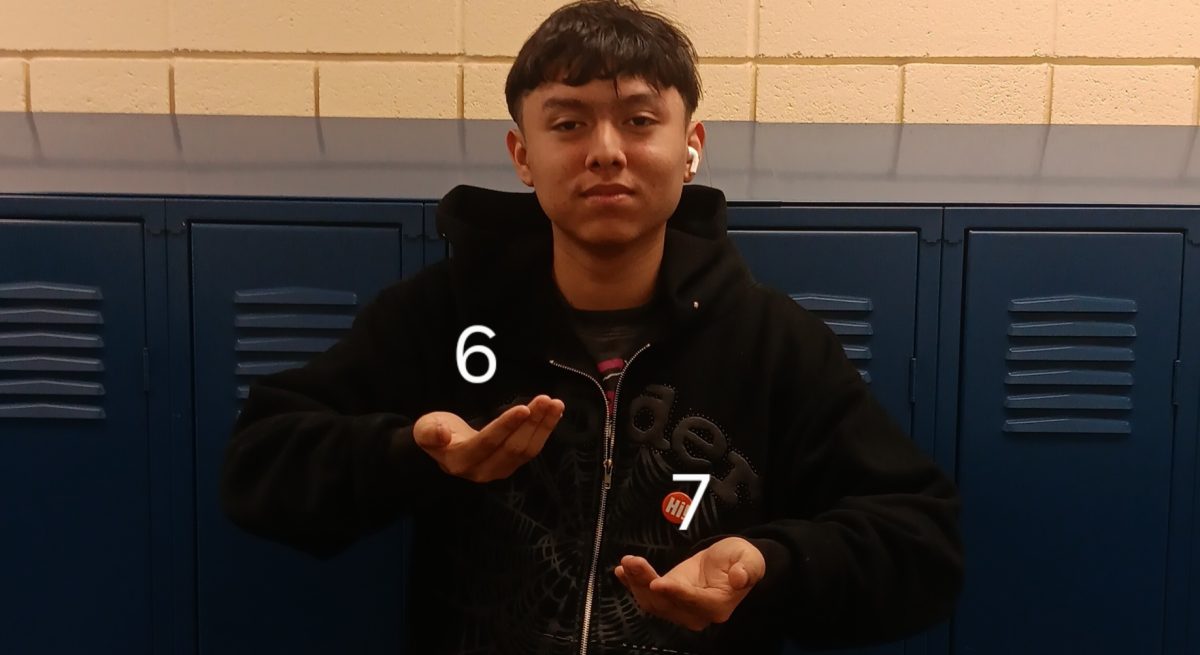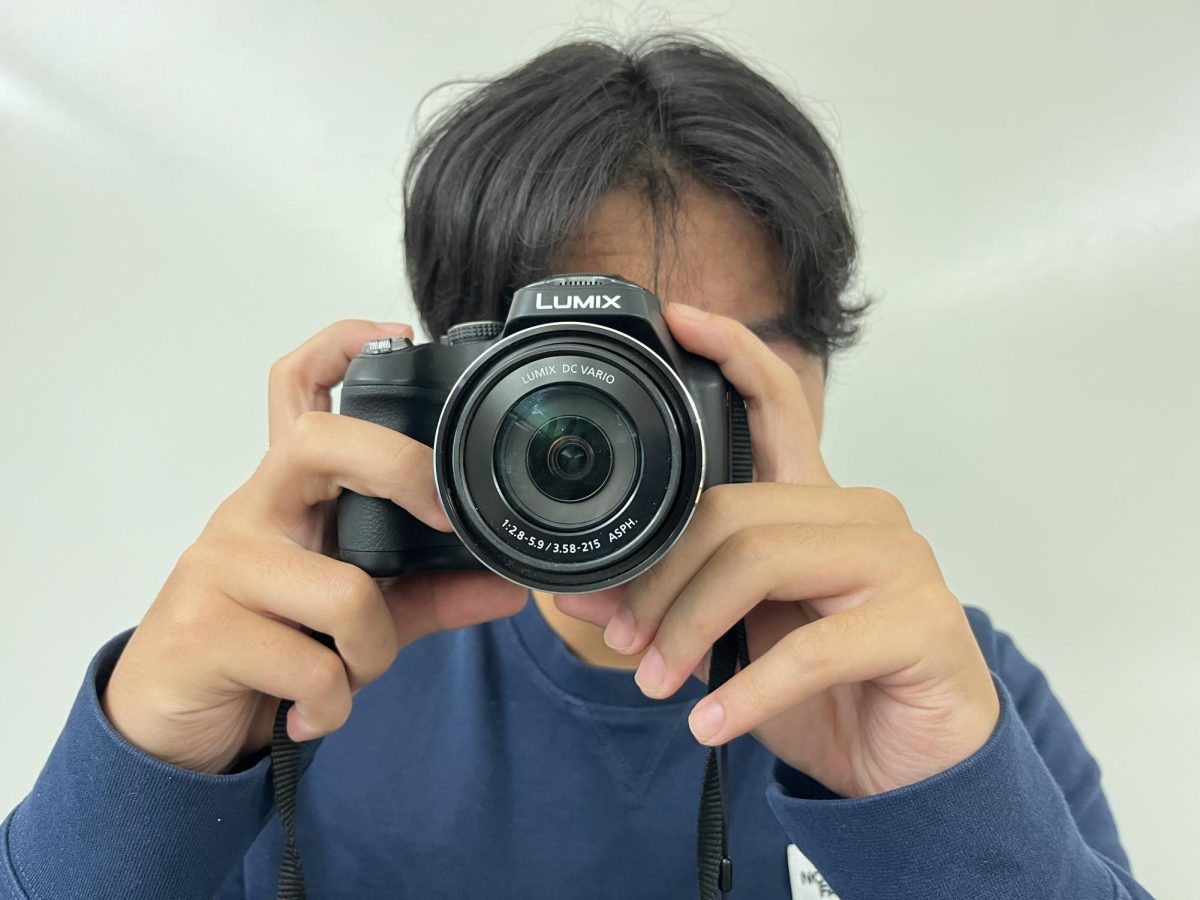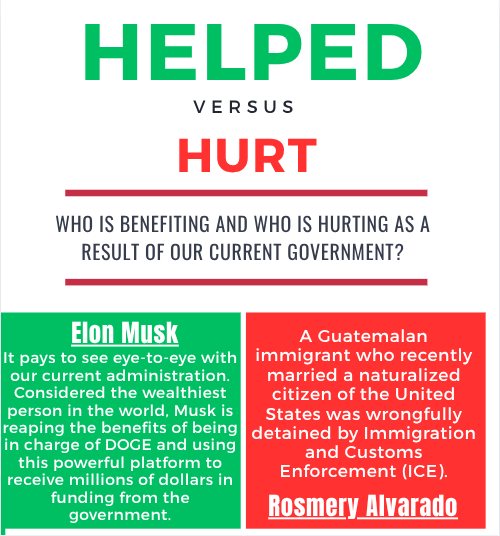Ian Krueger sits at his dining room table in a trance. His phone plays YouTube videos while his Chromebook shows a simple timer. Over and over again, he scrambles a cube to show a pattern he’s never seen before, then deftly returns all the colors to their proper sides. The cube flashes for hours: red orange green blue yellow white. The scene isn’t limited to the table; Ian solves cubes during car rides and while he watches television.
Those known as cubers, a community obsessed with solving Rubik’s Cubes as quickly as possible, will recognize Ian’s routine. In order to succeed in competitions, cubers log thousands of solves, tracking their improvements as they go. But there’s more to being a cuber than knowing how to solve the cube and practicing frequently; the social element of cubing is possibly the most important.
This aspect was missing from West Michigan until mid-2017 when Ian and his friend Joshua Elwood founded 3rd Coast Cubing Club (3C). The local club has succeeded nationally, but friendship and community are at its core.
“We wanted to teach more people about cubing,” Josh said, “so we started the club.” With help from their fathers, Brent Krueger and Charles Elwood, the boys planned the first meeting of 3C near the end of the school year in 2017.
In July 2017, Ian and Josh attended CubingUSA’s national competition in Fort Wayne, Indiana. Jake Allen, a reporter for the Holland Sentinel, took an interest and wrote a short article about their achievements as cubers and their new club. Remembering the article, Brent said, “I don’t think anybody really anticipated that anyone would really care about [the club] outside of the members.”
After the article, the club’s growth sped up. “We’ve had quite a few people come in because they saw our newspaper articles,” Josh said.
With a growing club, Ian and Josh needed more materials. “Charles Elwood has been instrumental in reaching out and getting sponsorship for our club. He’s gotten sponsorship from lots of local businesses who have provided money so that the club can buy timers and things like that, and a banner for advertising,” Brent said. “He also reached out to MoYu, who’s a company that makes cubes.”
Anyone who’s used a Rubik’s brand cube knows how clumsy they turn. Speedcubers use other brands, such as MoYu, and customize their cubes by changing the tensions, adding magnets, or lubing them so they turn faster.
“MoYu responded by providing a lot of different cubes for us, including one that they started making two years ago called the Redi Cube,” Brent said.
MoYu had never sponsored a club in the United States before 3C, and their choice has paid off. “We’ve had a lot of success in the Redi Cube. Members of our club in 2017 posted something like six of the ten fastest times in the United States and three of the ten fastest in the world, including the fastest time in the world for average,” Brent said.
The Redi Cube differs from the 3×3 in that it turns at the corners instead of at the sides. The World Cube Association does not yet officially recognize Redi Cube as an event, but in 2017 MoYu ran a series of competitions known as the Redi Cube Cup. Whoever held the world record times at the end of the year would win one of the 15×15 cubes MoYu had in development.
3C hosted two events for the Redi Cube Cup, one in October and one in December. “It was a lot of fun, I think that was the main thing; it wasn’t too serious like the official competitions are,” Josh said. The club practically overturned existing lists of standings, and Ian achieved the world record average time in both competitions. Ian’s record in the December competition, which both Josh and Brent pointed to as the most impressive feat they’d seen in competition, stood for nine months.
“In addition to connecting with MoYu so we could get scrambles and they would record the results as official, you also have to have a location and that’s not always easy,” Brent said. The club has been fortunate to have Fellowship Reformed Church, Herrick District Library, and Hope College offer space for competitions and meetings.
3C also competes in larger competitions. The University of Michigan hosts four competitions a year in Ann Arbor, which Josh said “are a lot more competitive.” The club has also brought members to regionals and nationals.
“For me as a parent, the most surprising and really positive thing was that, I mean it’s by definition a competition. People are competing, there are prizes, there are winners, and there are people who do not win. But everyone, I mean every single person, is super excited about everyone’s achievements, and they are very helpful to each other,” Brent said.
Josh said what he most appreciates about the cubing community is that “It’s very accepting. It’s not very judgmental about other people, so it’s a really nice community to be a part of.”
The cubing community wants to help each other out. “If someone discovers some clever trick – and I’m not talking in a little comp, I’m talking around the world – if somebody figures out a clever way to do something faster, the very first thing they do is share it with everyone. There’s no secret kind of cutthroat stuff; it’s just a remarkably supportive and encouraging community,” Brent said.
This is the community 3C creates space for in Holland. Josh said that “there wasn’t a concentrated place of cubers in Holland, so we created one so that we could get people more interested and push them into the mainstream of worldwide cubing.”
Ian agreed that “it gave a place for people who had this hobby to go, rather than just stay in their house.”
Cubers have built their community around sharing. Staying true to this philosophy, besides providing space for cubers to share with each other, 3C makes an effort to share with the greater Holland area. Recently, the club had a booth at a Barnes & Noble event promoting STEM education.
Ian enjoys these events and the attention club members receive. “People are interested in that kind of thing, because a lot of people think [solving a Rubik’s Cube] is something impossible that no one can do and when they walk up and see, like, 20 different kids doing it in 30 seconds, it’s amazing to them.”
In creating a club dedicated to not only the art of solving cubes but also to the cubing community, Ian and Josh have created a welcoming space for anybody who wants to take part. “You would think,” Ian said, trying to sum up the club, “walking into a room, it’s a bunch of nerds geeking about stuff with Rubik’s Cubes. And it is a little bit of that, but it’s also a lot of good relationships with each other, teaching each other new things and celebrating each other’s achievements, and it’s just a good place to be able to go to every once in a while to just keep doing your hobby.”
The clacking of cubes is a continuous din at 3C meetings; scramble, solve, scramble, solve, on repeat by many hands. Ian is in their midst, logging solves just like he does alone at home. But here, the air also rings with voices. Some share advice, some ask for help, some celebrate new personal bests, and some crack jokes. Members don’t leave anyone out of the conversation, no matter their experience level or their reason for coming. The cubing community is based on acceptance, learning, and collaborative self-improvement. Josh and Ian founded 3C because of these merits, and by them the cubing community will continue to grow.
For more information, visit 3rd Coast Cubing Club’s website at bit.ly/3coastcube or email [email protected]

